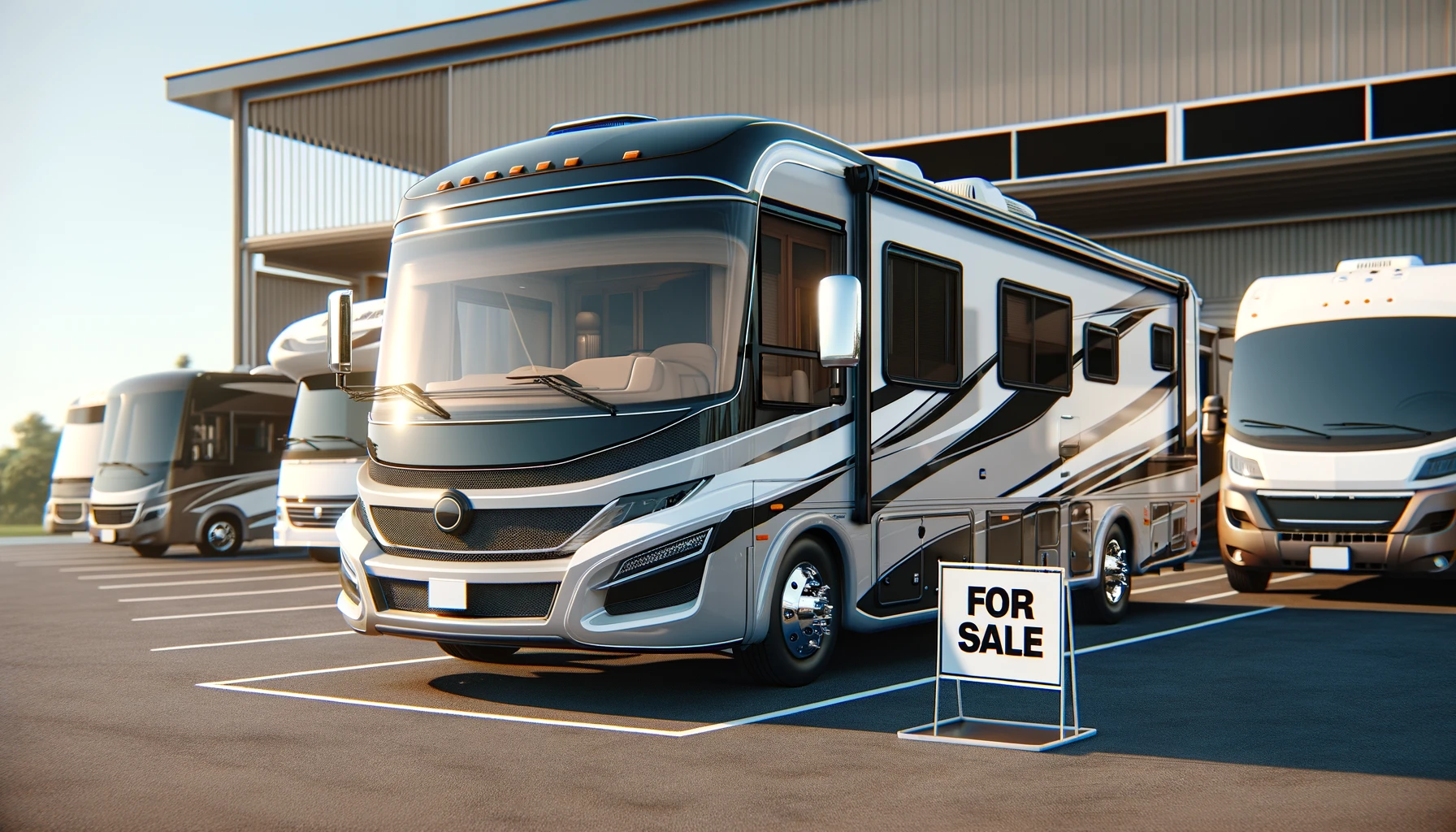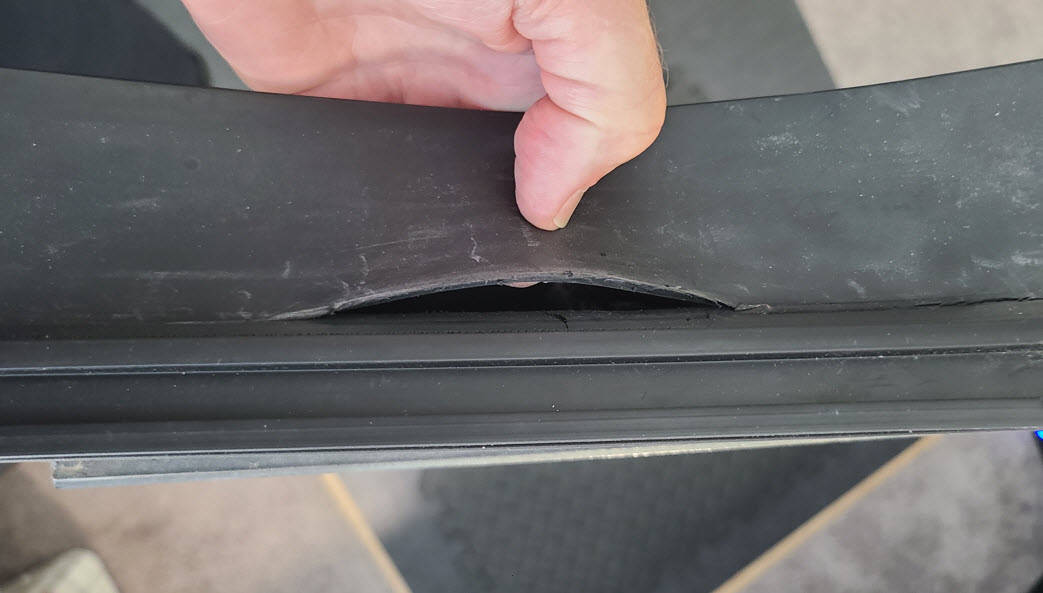Reliable RV internet connections are almost as critical as power and water for our survival. And in this inflation era, low cost RV internet is equally critical. Do you need coverage to email family? Stream Netflix? Or do you work remote from the road? Whatever your data needs, you have different choices to get online. Let’s look staying connected cellular broadband.
Know the Difference Between Unlimited Data and Hotspot Data
When your current cell phone carrier claims to offer “unlimited data,” in their cellular data plans, here’s what they really mean:
Some mobile phone companies offer separate plans. They often run a “deal with purchase” for tablets with their own cell plan. I’m not sure about you but watching a show on my small phone isn’t really an option. But watching on a tablet can work.
Is Cellular the Best Internet for RV Travel?
Are you a light data user? Do you rarely camp in remote areas? Then using your cell phone as a mobile hotspot device is probably the best internet plan for nomads like you.
Your phone’s existing data plan usually allows you to email, surf websites, and stream video. But these activities are all up to a point. Just be aware that most phone apps are optimized for lower bandwidth requirements than programs installed on a laptop. They use less of your precious data allotment.
Check with your existing cell provider for their mobile high-speed internet options.
- Determine what your data usage allowance is.
- Understand any usage restrictions that might be in place for an unlimited data plan.
- Find out when download speeds get “throttled,” or slowed down, if you exceed your plan’s limits.
Many times, changing cell plans or even providers might be the key to your own RV internet solution. We now have he ability to “port” our existing phone number. This means we keep the number, but change services. Shopping around for the best RV internet options and choosing a new provider isn’t the nightmare it used to be.

What About Mobile Hotspots for RVers?
Some cell companies offer “hot spots.” These are small WiFi routers with a built-in SIM card for service. They allow multiple devices (phones, tables, Smart TV’s, etc.) to connect to it. The “Jetpack” used by Verizon customers is an example of these. These can have a per-month cost or a single upfront purchase fee, depending on the device and the company. Be sure to check with your provider for which devices they offer or if your current device is supported.
Our current cell phone plan didn’t have any real wiggle room for hotspot data. But we were able to add a $25/month additional fee with T-Mobile to add 50 gb of hotspot data. This has come in handy multiple times. We are very glad we did it, even if we don’t always use it.
Using a cellular signal booster can also increase your range. It can also give you a better connection with faster mbps speeds, depending on the location and signal.
Should You Rely on RV Parks’ WiFi?
Many RV parks‘ WiFi gets advertised as an amenity. But don’t rely on it. The quality of these free wi-fi connections varies. They can range from “Excellent!” to “Why bother?” Remember, if the Wifi signal shows 5 bars, that’s just the strength of the connection between your phone and the campground WiFi.
The other part of free public Wi-Fi equation is the connection between the campground and the Internet itself. That bandwidth could be using older satellite Internet services like HughesNet or ViaSat. These are very slow for today’s use.
Even if the park has a fast fiber connection the question remains: “How many other RVers are connected, too?” Everyone will be sharing that single Internet connection. The more devices that connect, the less each user gets.
Some campgrounds, however, have excellent public Wi-Fi networks.
You may visit campgrounds with rules like “no video streaming” because their connection simply can’t handle that kind of bandwidth demand. We’ve even had a campground block us for using too much! We had to reconfigure our own RV internet network. This meant turning devices off and begging the office to let us back on.
Once we stayed in North Carolina where the cell service for T-Mobile, Verizon and AT&T were poor. Fortunately, the campground’s WiFi was excellent and we were able to continue working. We have also stayed at a casino campground early on in our RV life and their Wifi was one of the best we’ve ever used!
Using a WiFi booster can sometimes help, but won’t change the underlying Internet connection speed. These devices only amplify the speed and strength of your connection to the RV park network.
“Low Cost RV Internet” is Relative
Depending on what you need Internet access for, “cheap” can mean different things. Do you work from your RV as an entrepreneur or remote worker? Spending $150 per month or more might be considered affordable.
There are multiple companies out there that offer these types of services, often called “MVNO” providers. They are resellers of mobile bandwidth packages that you usually cannot walk into a retail store to obtain.
Some may require you to buy hardware from them. Or, they may allow you to bring your own device into the plan. Support for different types and models of hardware can be hit or miss.
What our own mobile RV internet system looks like
With our current RV internet setup, we have service from both AT&T and an additional SIM card for Verizon service. Each plan has about 500 gb data per month. Our network device supports multiple cell services and provides Internet to the entire rig. This involved an upfront equipment cost. But it allows us to never have to change our phones, computers, Roku, Alexa devices and more each time we relocate.
These devices are always connected to our router. The only change is via the router’s admin to choose our provider, one time. Our Pepwave router device allows us to connect to the cell services. We can also hop onto a campground or family’s WiFi signal, or even a physical network cable!
Having this type of RV internet connection allows us to have Internet in the truc, while towing. With the device supporting a multi-line antenna (mounted on the RV roof), our connection is usually very good. To us, this system is absolutely worth the cost since we are still working full-time RVers.
What About Starlink RV Internet?
Mobile satellite internet has come a long way. Just a couple of years ago I wrote about how the Starlink satellite Internet provider was changing home internet. Today, “Starlink Roam” makes it possible to be online anywhere you RV. That is, as long as you have a satellite dish that receives their signal. That was just a couple of years ago, and much has changed since then. These changes are outside the scope of this article. For the latest on Starline, visit the mobile Internet resource center to stay on top of the latest service offerings.
As you can see, there are plenty of ways to stay online with cellular broadband. If you work and want to travel, the time has never been better to hit the road with wireless internet.





